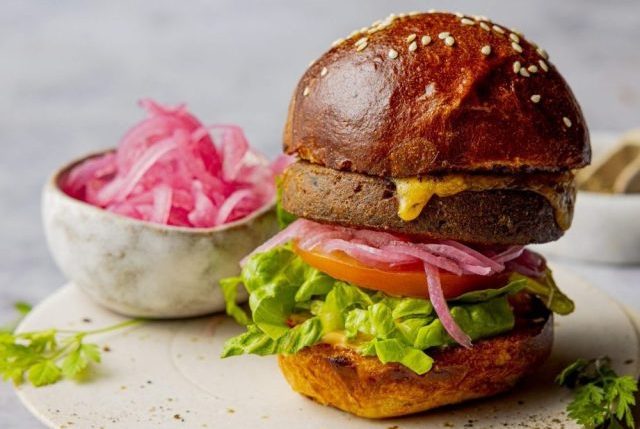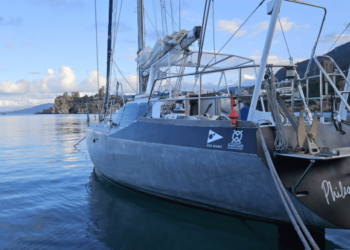From Ciona Tunicates, the Food of the Future – The Scandinavian startup Pronofa is redefining the concept of sustainability in the food sector through the innovative cultivation of Ciona tunicates, commonly known as sea squirts. According to the startup, these marine organisms provide an ecological alternative to meat, promising to revolutionize the food industry with environmentally respectful production.
Innovative and sustainable cultivation
Pronofa has developed an advanced method for farming tunicates, utilizing natural structures such as nets, without the need for additional feed. This process has allowed for efficient production, achieving up to 82 kg of tunicates per square meter. The optimized harvesting method ensures minimal environmental impact, making the process sustainable and replicable.
Production capacity and expansion
Currently, Pronofa’s facility in Sweden produces between 800 and 1,500 tons of ground Ciona meat per year. With the opening of a new plant in Norway, production capacity is expected to increase to 2,500 tons by 2025, with the goal of surpassing 15,000 tons once both facilities are fully operational.
Nutritional excellence
Pronofa’s production not only emulates the taste of traditional meat but also replicates its nutritional value and culinary functions. This has given the company a significant advantage in the industry, outpacing potential competitors by about 10-12 years. Ciona meat can be used in a wide range of popular dishes such as pasta, pizza, tacos, meatballs, hamburgers, and chili con carne, offering a sustainable solution without compromising on taste.
Pronofa
Founded in 2021 as a spin-off from Denofa, a Norwegian producer of non-GMO and deforestation-free soy, Pronofa was established with the goal of discovering new sustainable protein sources. The bet on Ciona, a marine tunicate from Norway and Sweden, has proven to be a promising option to meet the growing global demand for protein by 2050.
Despite the promise of sustainability and positive reception, Pronofa still faces market acceptance challenges. However, the signs are encouraging, with strong interest from both the retail and hospitality (HoReCa) sectors.










